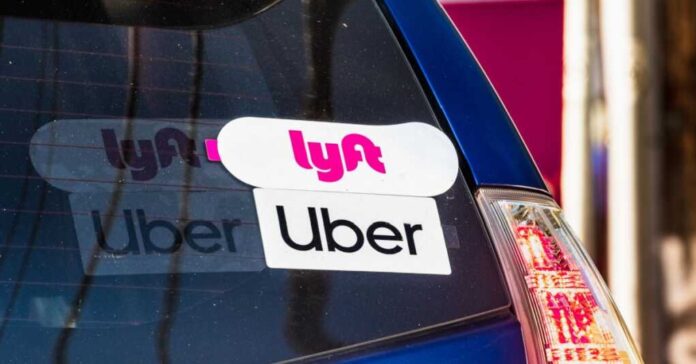
While the base salary isn’t much, ride-share drivers can earn a sizeable chunk of side change. But last month, the Minneapolis City Council ripped the money-making opportunity from ride-share drivers when it enacted an ordinance requiring ride-hailing companies to pay a minimum rate of $1.40 per mile and $0.51 per minute, or a minimum of $5 per ride, whichever is greater. This ordinance intends to ensure drivers are compensated up to the city’s minimum wage of $15.57 per hour, and the results were entirely predictable.
Hundreds of Lyft and Uber drivers in Minneapolis will now be without income. The two ride-share giants have declared that as of May, they will be pulling out of the city, stranding thousands of people who rely on these services and taking a paycheck from the drivers performing the service.
It’s an argument that is becoming increasingly ridiculous as low-wage jobs are coming under fire across the U.S. Liberals fully anticipate that corporations will willingly “do the right thing” and pay workers more, with no blowback to consumers or workers.
Somehow, the city council is celebrating a victory, with advocates arguing that the measure places workers’ rights ahead of corporate greed.
Council member Robin Wonsley called it a David and Goliath story. “Regular working-class people took on two corporate giants and their political allies and won.”
This is winning?
Lyft considers the ordinance to be “deeply flawed.” While they support a minimum earning standard for drivers, they disagree with the council’s specific rates. According to Lyft, this ordinance renders their operations unsustainable.
Through its senior director of public affairs, Josh Gold, Uber expressed disappointment in the Council’s decision. They anticipate thousands of people will lose their jobs, and many riders will be stranded.
The Minneapolis City Council had previously proposed a similar ordinance, which Mayor Jacob Frey also vetoed. Additionally, last year, the Minnesota Legislature passed a bill aimed at ensuring higher pay and job security for Lyft and Uber drivers in the state. However, Democratic Gov. Tim Walz exercised his first-ever veto to prevent the bill from becoming law.
In response to that proposed legislation, Uber threatened to provide only premium-priced service within the Minneapolis-St. Paul area would halt services in the rest of Minnesota if Walz signed the bill. While committed to fair wages, Walz expressed concerns about the bill significantly increasing rider costs.
As the Minneapolis override vote approached, Walz emphasized the potential impact of the city ordinance. He cautioned that if the ride-hailing companies bailed, it would create a void for those who rely on their services, including students and individuals with disabilities. However, the city council had an ideological position to enforce, and reality didn’t affect their decision.
It’s another “victory” in the war against gig workers. In New York City, measures implemented last year established an hourly minimum wage of $18 for food delivery workers. While the companies complied, they restricted workers’ hours.
In California, an appeals court recently upheld the position of Lyft and Uber, ruling that these companies can maintain their drivers as independent contractors. Consequently, drivers are not entitled to benefits. The state Legislature had previously enacted a law in 2019 that compelled these ride-hailing platforms to classify their drivers as employees.
In 2016, Austin advocated for fingerprint-based background checks for Lyft and Uber drivers as a safety precaution for riders. However, both companies withdrew from the city to protest the costly measure. They only resumed operations in Austin after the Texas Legislature enacted a law introducing alternative regulations across the state.
The Minneapolis City Council members have several options regarding the ordinance: they can vote to modify it, repeal it, or leave it unchanged.
Council Member Linea Palmisano intends to vote against the ordinance unless it changes. She has received feedback from various community members who oppose it, including students, part-time workers, low-income individuals, and hospitals. Additionally, she has heard from drivers who disagree with the ordinance and are now at risk of losing their livelihoods.
On the other hand, Council Member Robin Wonsley, the city’s first Black Democratic Socialist City Council Member, believes that the established rates are “the right thing to do.” She emphasizes that the rideshare industry has historically exploited workers of color and immigrant workers by offering poverty wages. According to her, the council has a crucial opportunity and responsibility to create an industry that prioritizes fair compensation and avoids exploitation.
She’s not wrong. Ensuring that ride-share drivers no longer have jobs will most definitely avoid their potential exploitation.







